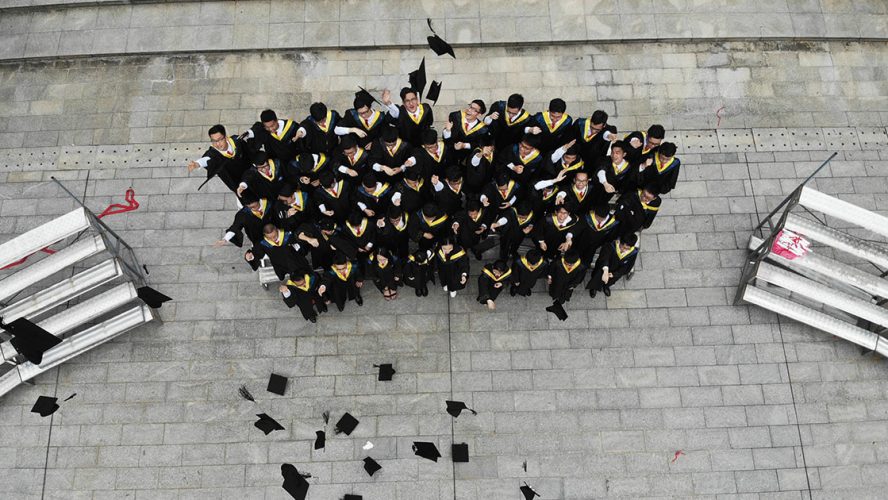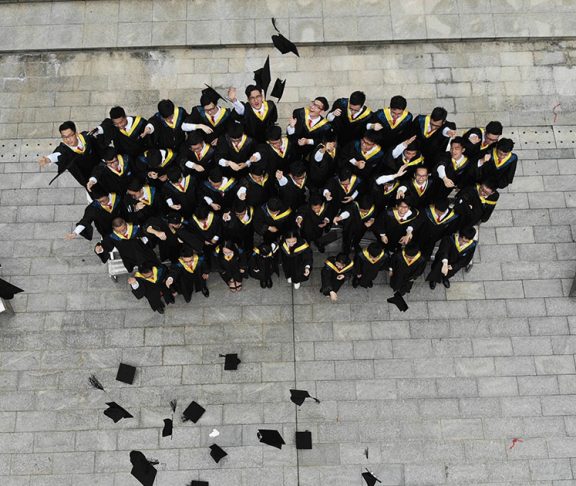Postsecondary education has never mattered more than it does today — to both American individuals and the nation as a whole. Economists and labor experts tell us clearly that 21st century jobs require specialized knowledge and skills — the type of learning that can only be acquired in first-rate postsecondary programs. In fact, the experts say that few Americans can expect to build and maintain a middle-class lifestyle without some sort of college-level credential.
More than a degree
Postsecondary education isn’t just about jobs and economic success. When it comes to building a fulfilling life, good jobs and careers are certainly necessary; but they’re not sufficient. Intangibles matter, too — things like personal growth and citizenship and the commitment to equity and social justice. And postsecondary education contributes significantly in all of these areas. In fact, statistics show that individuals who have earned postsecondary credentials are healthier, live longer and are more deeply engaged in civic and community life than those who lack credentials.
For many reasons and in virtually every aspect of modern American life, postsecondary success is increasingly important, even vital. Unfortunately, far too many Americans find that success elusive — often because they’re not properly prepared for postsecondary education. We’re aiming to bring much-needed attention to the issues surrounding college preparedness.
It’s important to point out that preparedness involves far more than academic achievement. Certainly, students need to enroll, succeed — and actively learn — in courses that prepare them for the rigors of a college-level curriculum. But other types of preparedness are just as important.
The right stuff
First of all, the well-prepared student is one who has a broader and more inclusive view of what “college” really means these days. The classic definition — students living in dorms while pursuing four-year degrees — applies to fewer and fewer of today’s students. Community colleges, employer-provided programs, online learning, evening programs aimed at working adults — all of these are redefining the postsecondary landscape. The truly prepared student explores all of these options and thoughtfully chooses what works best for him or her.
Financial preparedness is important, too. Maximizing personal and family savings, pursuing grants and scholarships, finding the right college loan — all of these things are critical to postsecondary success. Last but not least: emotional and personal preparedness. In many ways, college success comes from within — from a mindset that combines grit, resolve and a strong work ethic.
All of these aspects of postsecondary preparedness are thoughtfully explored in the articles that follow. I commend them to you in the hope that what you learn here will help foster postsecondary success — your own or that of a loved one.

